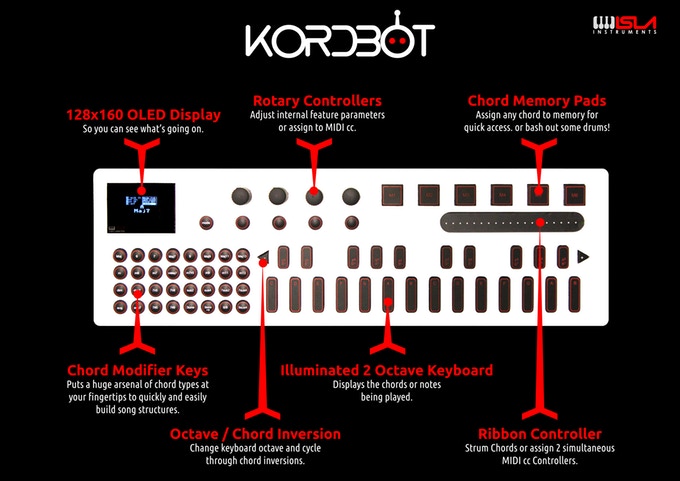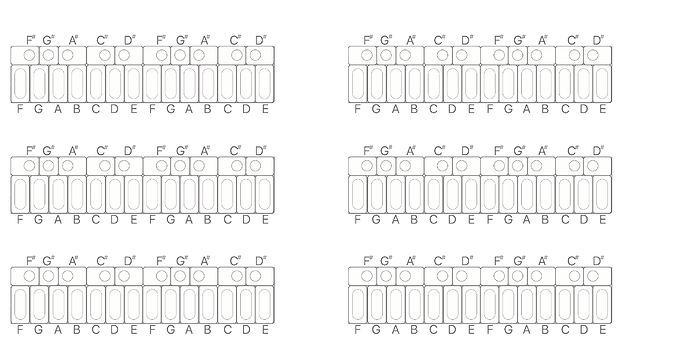I am making a similar move.
I think the most helpful thing is just understanding how chords are built and then applying that to the keyboard. I read somewhere someone saying that when they play guitar they think in shapes when the play piano they think in intervals.
So a chord is build up with major and minor thirds. So a Maj 7 chords is
1 major third, followed by 1 minor third, followed by 1 major third. On guitar this isn’t very helpful, but on keyboard that means:
Pick your root note, skip three keys and play the 4th (major 3rd) now skip two keys and play the third (minor third) Now skip three more keys and play the 4th (major 3rd).
So if you start on C, (skip three keys: C sharp, D, D sharp), gets you to E (skip two key: F Sharp, F) gets you to G (skip 3 keys: G Sharp, A, A sharp) Gets you to B. CEGB = CMaj7
You can start anywhere on the keyboard and build chords like this and you start getting used to what a group of 3 keys looks like and what a pair of keys looks like. So you can ‘fake’ any chord just by picking your starting note and counting up in groups of 2 / 3
The patterns for chords:
Major 3rd = Play a key, skip three keys, play the 4th key
Minor 3rd = Play a key, skip two keys, play the 3rd key
Major 7 ( Maj 3rd, Min 3rd, Maj 3rd)
Minor 7 (Minor 3rd, Major 3rd, Minor 3rd)
Dominant 7 (Minor, Major, Minor, Minor)
Combine this with the fact that you can use Endless to either save chords (Play all the notes at once on a single step) or Arpegios (Play each of the intervals on a single step) you can then just move the root note around you can ‘fake’ playing almost any chord you are ever going to use in root position.



